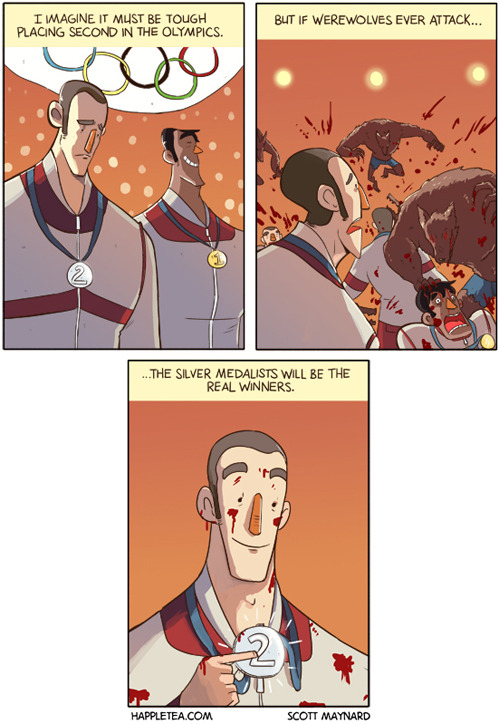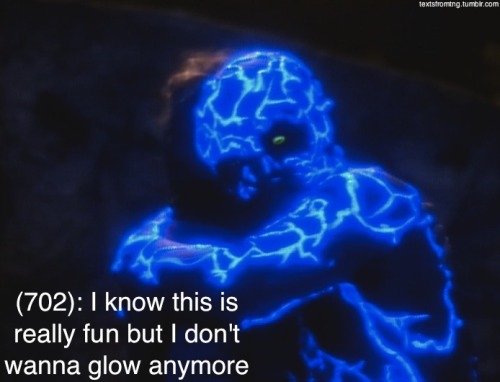A view to the west from the Warner Valley. The canyon with the tuff and lahar exposure I featured starting a few weeks ago is visible in the middle left of the photo, and I suspect the elevated bench at it's mouth is a combination of a pluvial delta and modern alluvial fan. I don't know the details of the history of south-central and eastern Oregon's pluvial lakes, but it seems sensible to suppose that they might have been cyclic in nature, waxing and waning along with advances and retreats of Pleistocene glaciations. If one could find an exposure where the stream coming out of that canyon has cut into and eroded a good section of that fan/delta, one might be able to find evidence of such cyclicity. Delta deposits would be generally finer-grained and better sorted, while fan deposits would be more poorly sorted, and more dominated by debris flows.
Like many communties in this area, Adel is pretty diffuse. In my own head, "Adel" is the combination gas station/general store. There are some residences nearby, but there's not much beyond a sign and the store to let you know you're passing through a "town." However, like many of these little villages, that hub serves a much, much larger area than a casual visitor would recognize, amounting to hundreds of square miles.
Photo unmodified. August 19, 2011. FlashEarth Location.
Miscellaneous thoughts on politics, people, math, science and other cool (if sometimes frustrating) stuff from somewhere near my favorite coffee shop.
Saturday, February 22, 2014
Friday, February 21, 2014
Geo 730: Feb. 21, Day 417: Warner Valley Shorelines
Looking toward the east along Highway 140, a few miles past Adel, the escarpment of the fault bounding this valley is quite sharp, though nowhere as high as many others in Oregon's Basin and Range. But what really got my attention was the (subtle, at this scale) clear evidence of pluvial lake shorelines in the talus at the base of the cliff. Right click on the photo, and open it in a new tab for full-size, and those shorelines- there are quite a number of them- should really pop. Note that they are in the loose rubble at the foot of the cliff, and not to be confused with the clear layers in the basalt. I suspect the latter are from Steens Mountain eruptions.
Photo unmodified. August 19, 2011. FlashEarth Location.
Photo unmodified. August 19, 2011. FlashEarth Location.
Thursday, February 20, 2014
Geo 730: Feb. 20, Day 416: Hart Mountain and Warner Valley
(Right-click image here for size options) I just spent 20 minutes or so tracking down the name of the escarpment on the left (west)... given the name of the basin is Warner Valley, I shouldn't have been as surprised as I was that the name of that rim is Warner Mountain. In this part of the valley, it's fault-bounded on both sides. To the north, Hart Mountain, in the right center, continues as Poker Jim Ridge/Rim for quite some distance. However, Warner Mountain dips down to the north, so by the time you get to the sunstone area, maybe 40 or 50 miles north of this spot, the west side of the valley consists of low hills. Hart Mountain is capped by Steens Basalt, which in certain flows, has enormous phenocrysts of plagioclase. It's those phenocrysts, weathered out, and I suspect making an aeolian lag, that make up the sunstones in BLM collecting area.
Two other features about the Hart Mountain/Plush area that are noteworthy: The wildlife refuge to the north of the town on the mountain's west flank is a spectacular birding area, and the refuge atop the mountain has more often than not provided pronghorn sightings. They tend to be shy, but keep an eye on hillsides and ridgelines in the mid-distance. If you're lucky, they'll try to race your vehicle! The other is a very nice hot spring, here, right up near the top of the peak.
This basin was the site of a deep pluvial lake during the Pleistocene. I can't pick them out at this scale, but if you look at the full-size image, one can see numerous benches and horizontal lineations of trees along both sides of the valley. These mark pluvial shorelines.
Photo stitched in HugIn. August 19, 2011. FlashEarth Location.
Two other features about the Hart Mountain/Plush area that are noteworthy: The wildlife refuge to the north of the town on the mountain's west flank is a spectacular birding area, and the refuge atop the mountain has more often than not provided pronghorn sightings. They tend to be shy, but keep an eye on hillsides and ridgelines in the mid-distance. If you're lucky, they'll try to race your vehicle! The other is a very nice hot spring, here, right up near the top of the peak.
This basin was the site of a deep pluvial lake during the Pleistocene. I can't pick them out at this scale, but if you look at the full-size image, one can see numerous benches and horizontal lineations of trees along both sides of the valley. These mark pluvial shorelines.
Photo stitched in HugIn. August 19, 2011. FlashEarth Location.
Wednesday, February 19, 2014
Geo 730: Feb. 19, Day 415: Hart Mountain in Motion
This was taken on the fly, as you can tell from the motion blur in the foreground. This is a bit past Adel, I think, but before the irrigation ditch that crosses the road, which is where we stopped to take in the view for a few minutes.
There's just so much to say about this area. Some of Oregon's grandest landscapes, yet so little visited, known, or appreciated. So much more water than "Basin and Range" generally brings to mind, yet starkly arid, overall. So much geology!
I'll leave it at that, for now.
Photo unmodified. August 19, 2011. FlashEarth Location (approximate).
There's just so much to say about this area. Some of Oregon's grandest landscapes, yet so little visited, known, or appreciated. So much more water than "Basin and Range" generally brings to mind, yet starkly arid, overall. So much geology!
I'll leave it at that, for now.
Photo unmodified. August 19, 2011. FlashEarth Location (approximate).
Tuesday, February 18, 2014
Geo 730: Feb. 18, Day 414: Conchoidal Fracture
I suspect this fracture was created during the road-building process, but there's no way to be certain: it's an intrinsic quality of some rocks and minerals (not just minerals; basalt often shows conchoidal fracture too), so it's quite possible this is a natural joint. The scallop shape indicates that the fracture initiated from below, and propagated upwards.
Photo unmodified. August 19, 2011. FlashEarth Location.
Photo unmodified. August 19, 2011. FlashEarth Location.
Monday, February 17, 2014
Geo 730: Feb. 17, Day 413: Tuff, Diatomite, And Rimrock
A wider view of the lower end of this outcrop, showing the yellowish tuff, what are likely some white diatomite interbeds, and the rimrock basalt on the far side of the canyon. And in other news, I think I finally figured out the accurate location for this set, but I'd still treat it as tentative.
Photo unmodified. August 19, 2011. FlashEarth Location.
Photo unmodified. August 19, 2011. FlashEarth Location.
Sunday, February 16, 2014
Sunday Funnies: Whippet Edition
Funny to Me
Happle Tea
What Would Jack Do?
I can just imagine Ellen going to her neighbors’ houses, looking all official with glasses and a clipboard.Wil Wheaton
“Hey Ellen, what’s up?”
“I’m going around the neighborhood taking a poll.”
“What’s the question?”
“Has my marriage hurt your marriage?”
“Um…no.”
“Good to know. Thanks for participating, here, have a sticker.”
Owl Turd Comics
Bad Newspaper
Texts From TNG
Cartoon Politics
Noise to Signal
Bizarro
Tastefully Offensive
Funny to Me
Tastefully Offensive
Bits and Pieces
"Mona Khaleesa" MadMouse Design
The Chat Noir
Senor Gif
The Awkward Yeti
Matt Bors
Toothpaste for Dinner
Wil Wheaton
Tree Lobsters
Are You Talking to Meme?
Bits and Pieces
Senor Gif
Blackadder
Real Life Adventures
Are You Talking to Meme?
Geo 730: Feb. 16, Day 412: Diatomite Interbed?
Though I didn't recognize or check it carefully at the time, that white layer running through the middle has the look of diatomite. If that is in fact the case, it would be a strong indicator that these tuffs were deposited in a lacustrine environment. Nothing for scale in the photo, but if you refer to yesterday's post, you can see that shaded fracture over on the left is about one Dana-height.
Photo unmodified. August 19, 2011.
Photo unmodified. August 19, 2011.


































